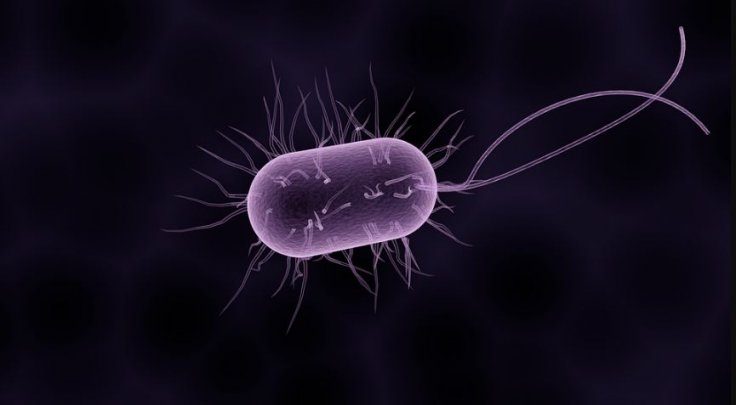As the entire human race is battling the coronavirus pandemic, a top expert has revealed that human beings are polluting the entire earth with antibiotic-resistant bacteria. The revelations are made by Michelle Power, an Associate Professor in the Department of Biological Sciences, Macquarie University.
Humans Destroying Planet Earth
In a recent article written on The Conversation, Power claimed that antibiotic-resistant bacteria have how jumped from humans to other species on the earth. Some of the affected wildlife species that are facing the negative effects of these superbugs include penguins, sea lions, brush-tailed possums, Tassie devils, flying foxes, echidnas, and a range of kangaroo and wallaby species.

According to Power, humans have played a crucial role in spreading antibiotic-resistant bacteria by overuse and misuse of antibiotics. The researcher also revealed that these bacteria have reached the environment through human wastewater.
Impacts of Antibiotic-Resistance
Power noted that the spread of antibiotic-resistance bacteria among animals could make it difficult to treat them.
"An animal with antibiotic-resistant bacteria may be harder to treat with antibiotics if it's injured or sick and ends up in care. But generally, we're yet to understand their full impact – though we can speculate," wrote Power in The Conversation.
The researcher also added that these bacteria could disrupt the microbiome that will impair the immunity among wild animals.
A few months back, Piotr Skubała a professor at the University of Silesia's Institute of Biology, Biotechnology and Environmental Protection, Poland had also warned that humans are killing planet earth. The top expert also added that protecting wildlife species could be impossible if the conditions on earth progress like this.
"Scientists live in hope, so we must believe something can still be done. Given the attitude, I fear it's too late and many species will die out and millions will suffer. If we change our approach, then we will survive as a civilization, but we will have to learn to live differently. But it does not mean live worse. Differently, smarter, directing our attention to other, immaterial spheres of life," said Skubala.









